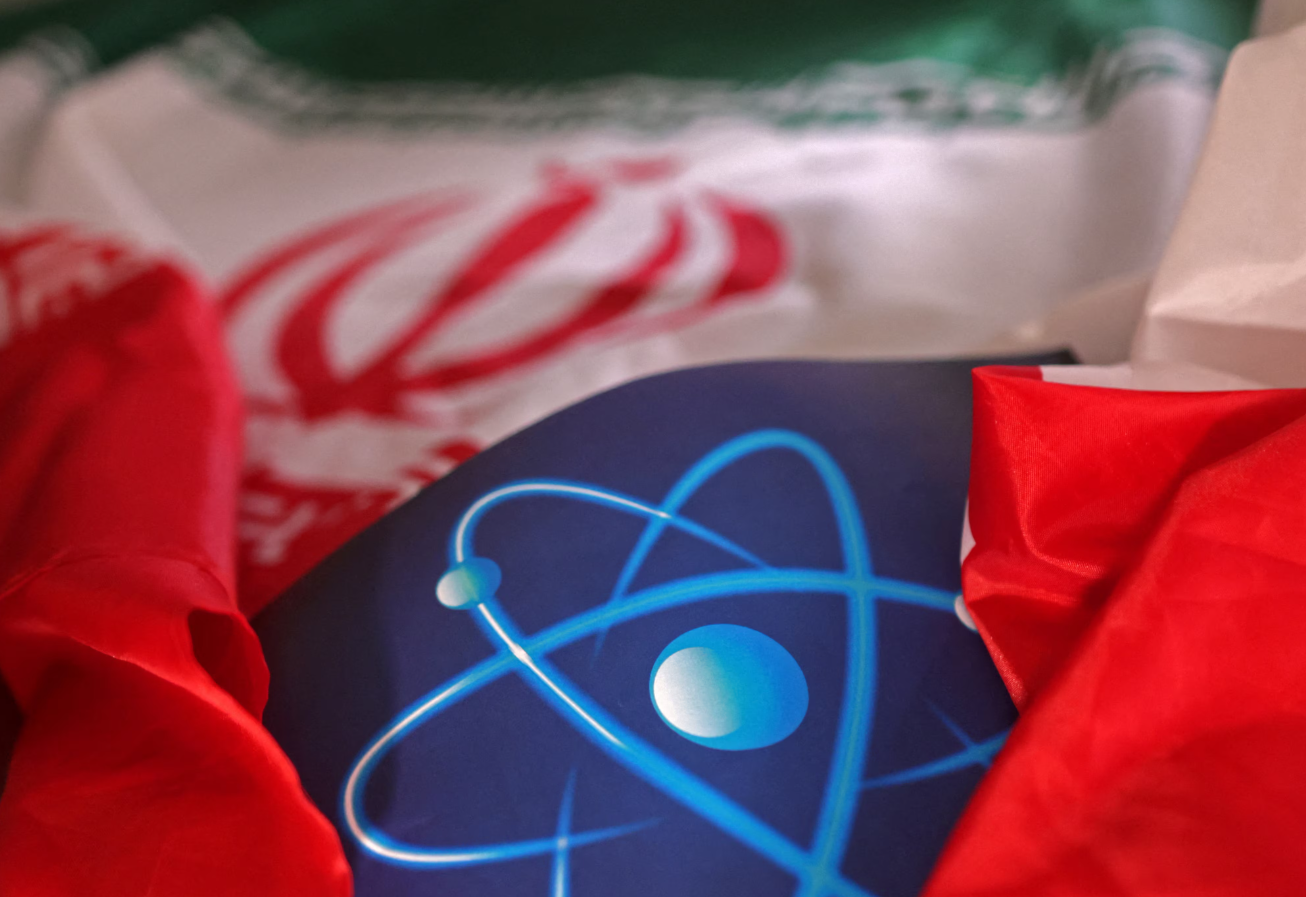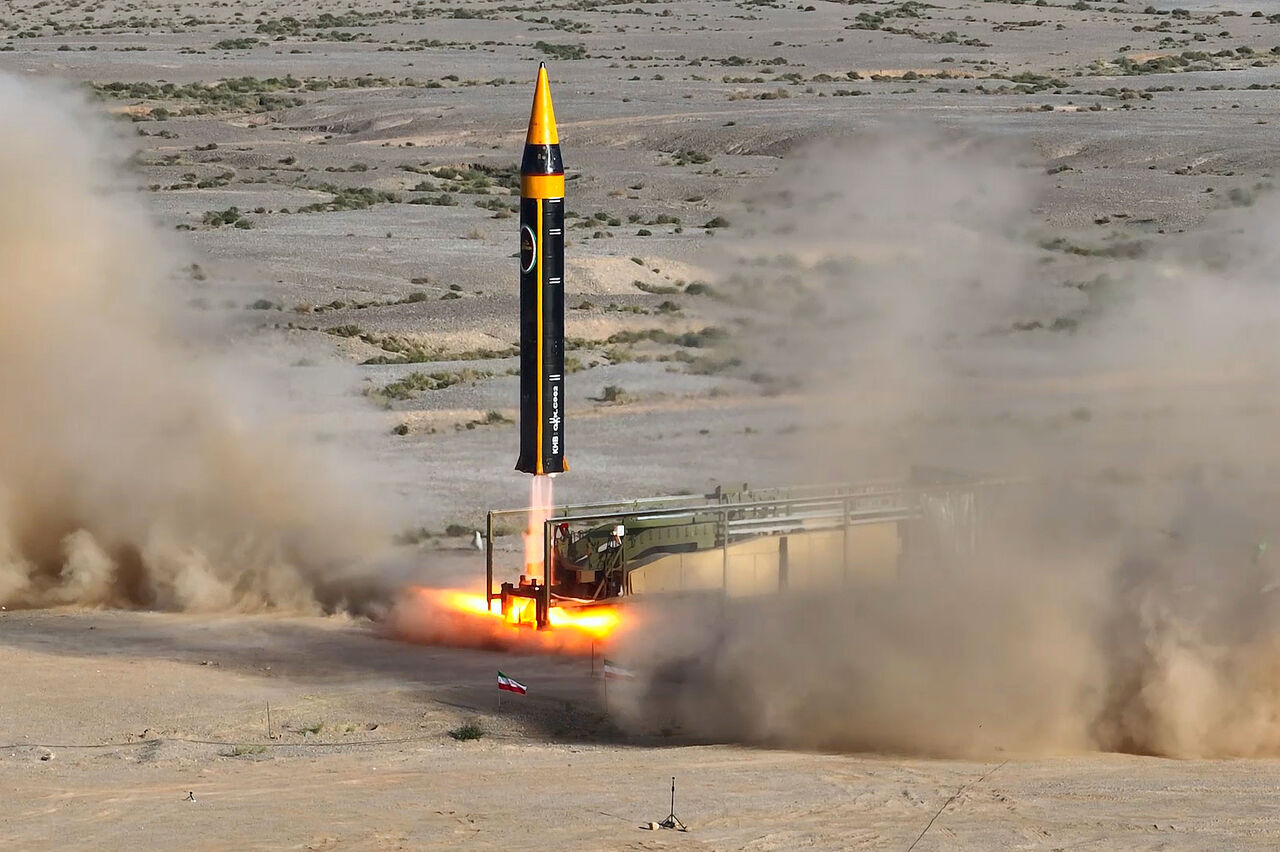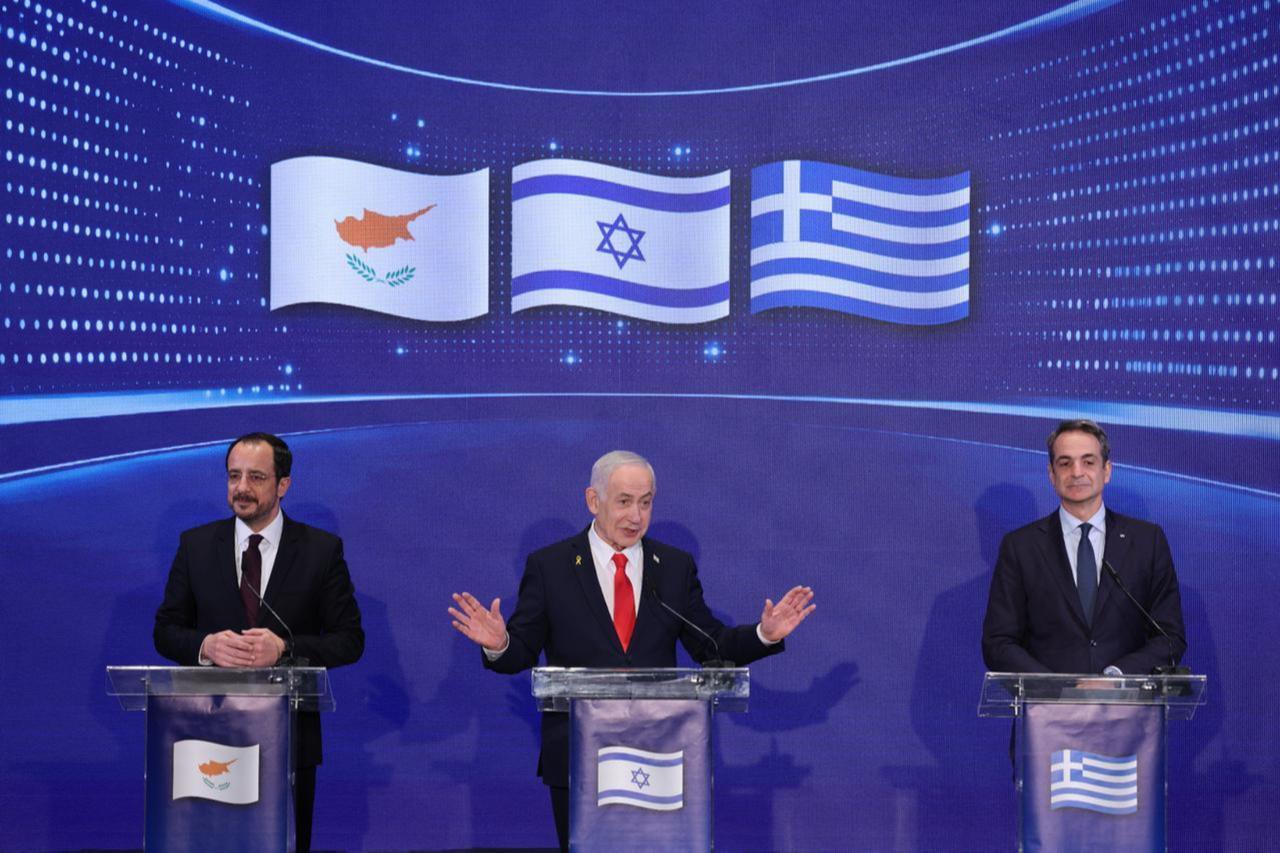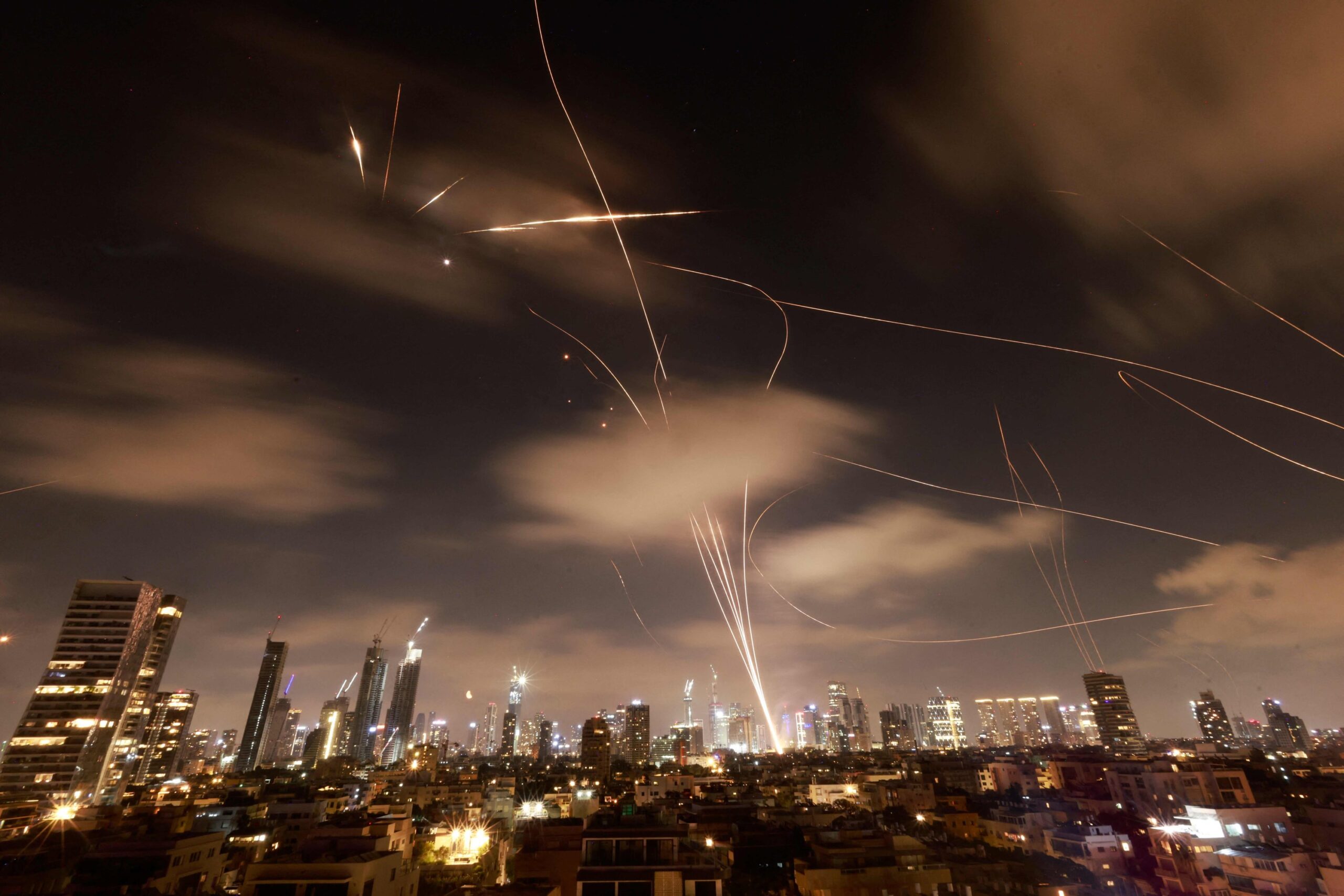Amid escalating Western pressure and military strikes on its nuclear facilities, Iran—emphasizing strategic rationality and critical security conditions—has charted a new framework for engagement with the IAEA and Europe. This multi-layered strategy simultaneously encompasses warnings, diplomacy, and a redefinition of cooperation.
Afifeh Abedi – Iran View24
As Tehran returns to the global nuclear spotlight, recent remarks by Kazem Gharibabadi, Deputy Foreign Minister for Legal and International Affairs, carried clear, nuanced messages to key international actors—especially the U.S., Europe, the IAEA, and Iran’s Eastern allies.
Avoiding adventurism and relying on strategic prudence, the Islamic Republic has entered a new chapter of regional and international engagement. Gharibabadi told American journalists on Wednesday that an IAEA technical team would visit Tehran within two to three weeks—but without inspecting nuclear sites.
This step reflects Iran’s goodwill in managing a shifting nuclear landscape. Coupled with the announcement that Tehran is assessing damage to its facilities from Israeli and American strikes, it demonstrates Iran’s intent for measured, rational dialogue amid a tense “neither war nor peace” situation.
Gharibabadi also clarified Iran’s threefold position toward Europe: first, a stern warning to the E3 (UK, France, Germany) against triggering the snapback mechanism; second, openness to Europe’s return to negotiations; and third, firm insistence on protecting Iran’s sovereign nuclear rights.
Though born in response to the IAEA-Western escalation, this multi-dimensional diplomacy could serve as the foundation for a new engagement paradigm between Iran and the West—if Europe can preserve its unity and independence from the U.S.
Evidence of Iran’s goodwill is also visible in diplomatic moves such as the upcoming meeting with European representatives in Istanbul. Despite the EU’s overt support for U.S.-Israeli strikes, Tehran has kept the door open for diplomacy—though under firm, principled conditions.
Despite deep mistrust of Washington—after its perceived betrayal of diplomacy—Tehran hasn’t ruled out indirect talks with the U.S. However, any sixth round of negotiations must be preceded by explicit U.S. commitments, including a halt to attacks and a genuinely win‑win agreement.
Moreover, the forthcoming IAEA technical team’s visit—though not involving inspections—reflects Tehran’s initiative to reshape its cooperation with the Agency. Iran is moving toward a new “modality” aligned with current security realities and hostile actions from the U.S. and Israel.
Gharibabadi stressed that post-strike cooperation with the IAEA must guarantee the security of Iranian facilities and personnel. This is a shift from a purely technical cooperation to condition-based engagement with international institutions.
Although U.S. and Israeli strikes on Iranian nuclear sites flagrant violate international law and the NPT, Iran has—thus far—refrained from withdrawing from the treaty. This restraint reflects strategic discipline, not confidence in the Treaty’s ability to secure Iranian nuclear interests.
The NPT’s fundamental guarantees—of peaceful nuclear development and legal-technical protection—have proven undermined by targeted attacks and international silence. Yet Iran’s continued treaty adherence is an apparent last effort to restore balance to the non-proliferation regime, a strategy that may require drastic reevaluation if global inaction persists.







